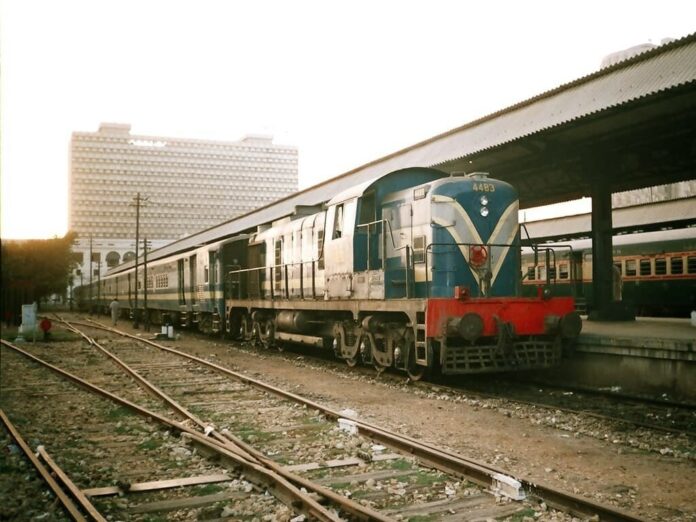ISLAMABAD: Pakistan decided to postpone approval for the $6.7 billion Mainline-I (ML-I) project under the China-Pakistan Economic Corridor (CPEC). Instead, the Executive Committee of the National Economic Council (ECNEC), chaired by Deputy Prime Minister and Foreign Minister Ishaq Dar, sanctioned two other major Chinese-funded initiatives: constructing a new airport in Gwadar and completing a crucial road link.
The ECNEC meeting, which is mandated to approve projects exceeding Rs7.5 billion, greenlit a total of 19 projects, including several expedited due to cost adjustments.
According to a statement from the Foreign Office, ECNEC refrained from approving the revised PC-I for the ML-I upgrade and recommended Pakistan Railways explore smaller, more manageable financing options for implementation.
Previously, the ML-I project had been cleared by the coalition government, despite concerns raised by the Ministry of Finance regarding its alignment with future IMF loan program objectives.
During Prime Minister Shehbaz Sharif’s recent visit to China, Chinese officials advised Pakistan to execute the ML-I project in phases due to its extensive financing requirements and Pakistan’s limited capacity for substantial foreign loans.
The original ML-I project, spanning 1,872 km, was scaled back to 1,726 km by the Ministry of Railways, with proposed modifications including compromises on speed limits, line capacity, rolling stock, axle load, and the omission of a fencing plan.
In contrast, ECNEC approved two other CPEC ventures: the realignment of the Karakoram Highway (KKH) between Thakot and Raikot at a cost of RMB 13.067 billion and the revised PC-I for the New Gwadar International Airport, set to commence operations later this year.
The KKH project, valued at $2 billion, aims to enhance connectivity and economic relations between China and Pakistan, marking the third major road infrastructure initiative under CPEC after the Multan-Sukkur motorway and the Havelian-Thakot segment of the KKH.
Furthermore, ECNEC endorsed sub-components of the World Bank-funded Integrated Flood Resilience and Adaptation Programme (IFRAP), allocating funds for housing reconstruction, road infrastructure, livelihoods, and irrigation in flood-affected areas of Balochistan.
The approvals reflect Pakistan’s commitment to accelerating economic development, rehabilitation efforts, and improving citizens’ quality of life nationwide.




